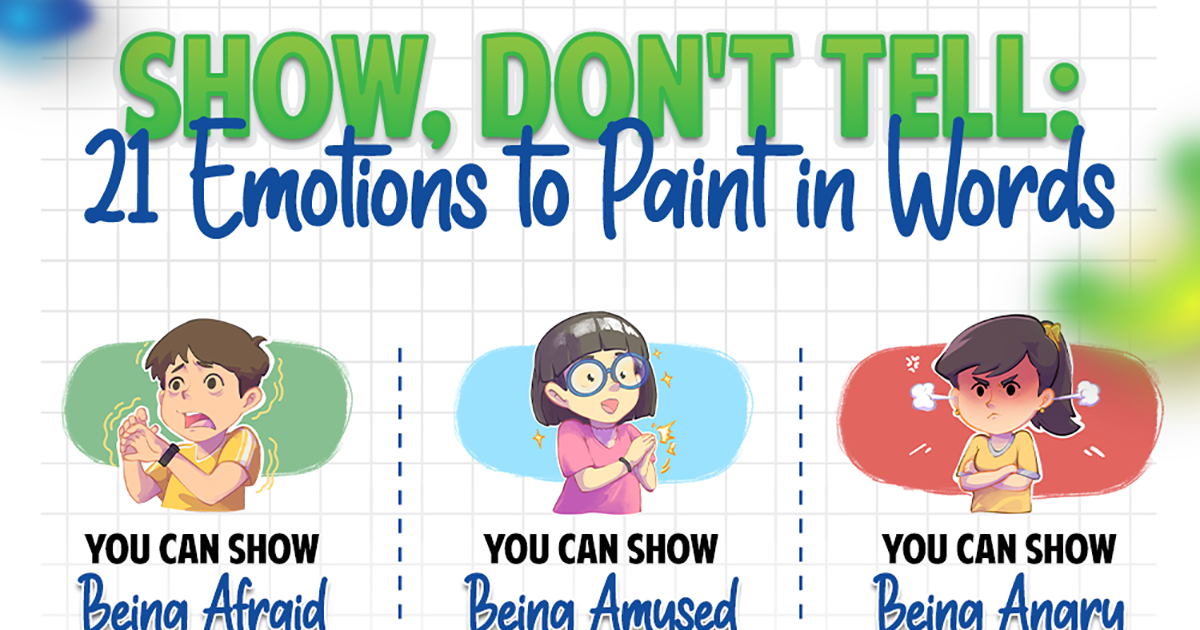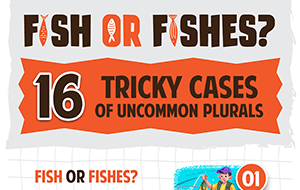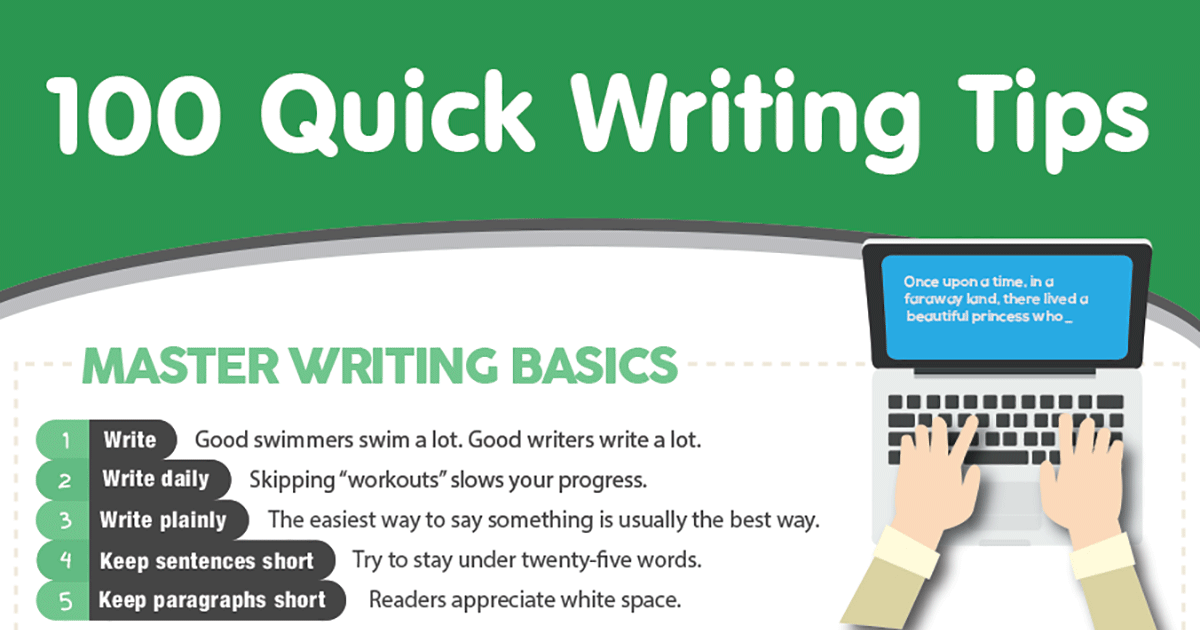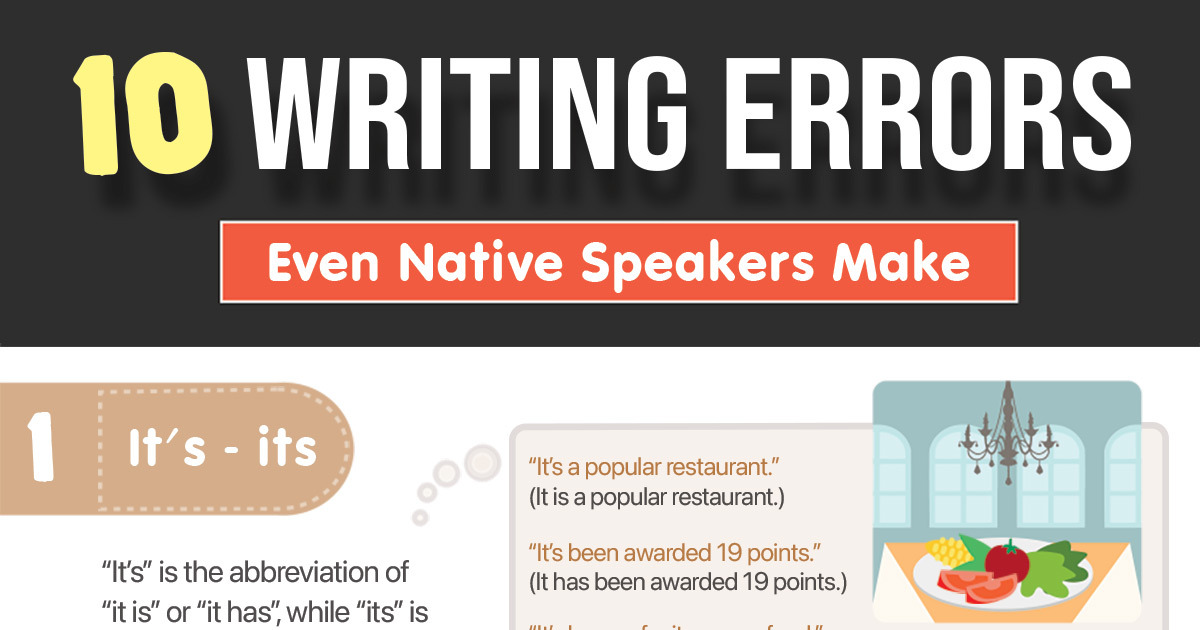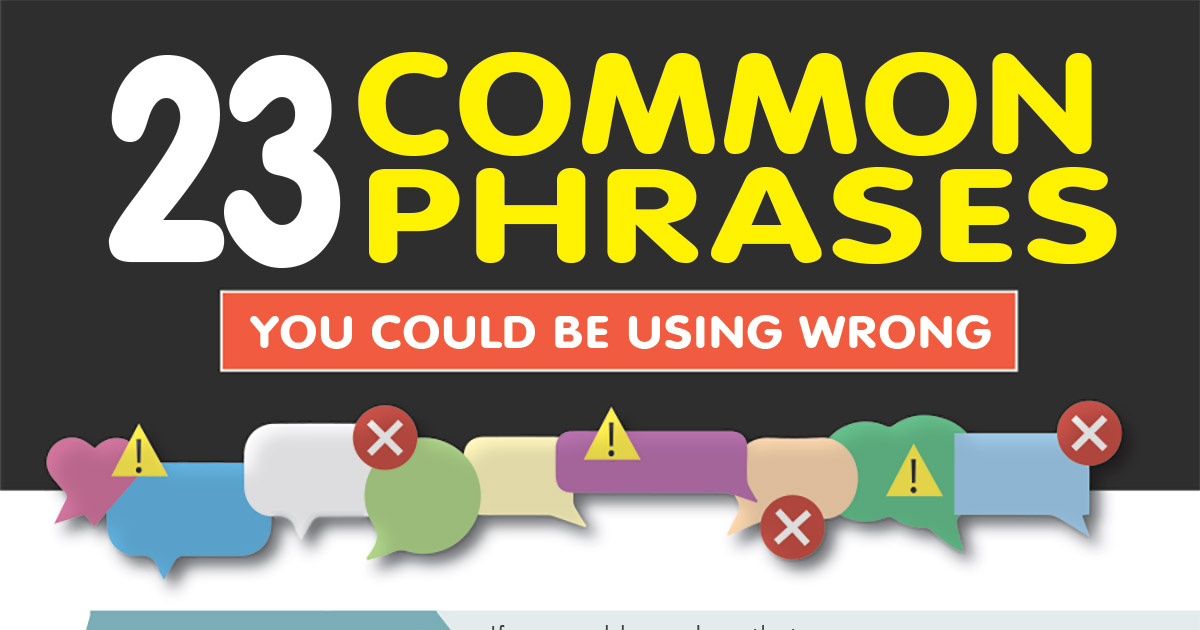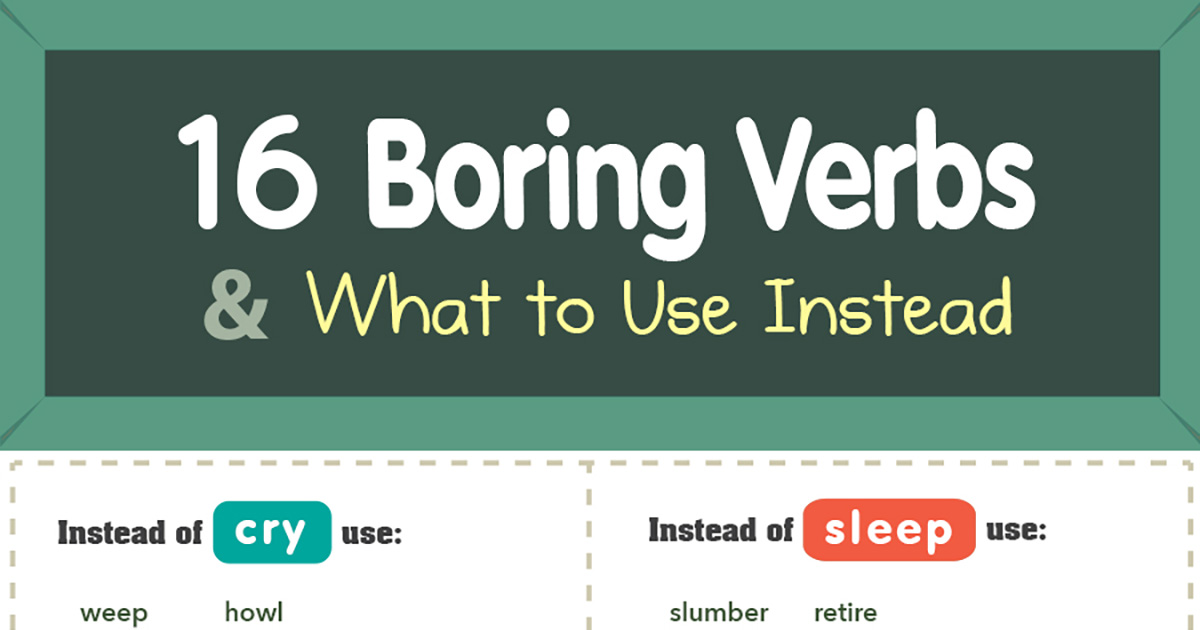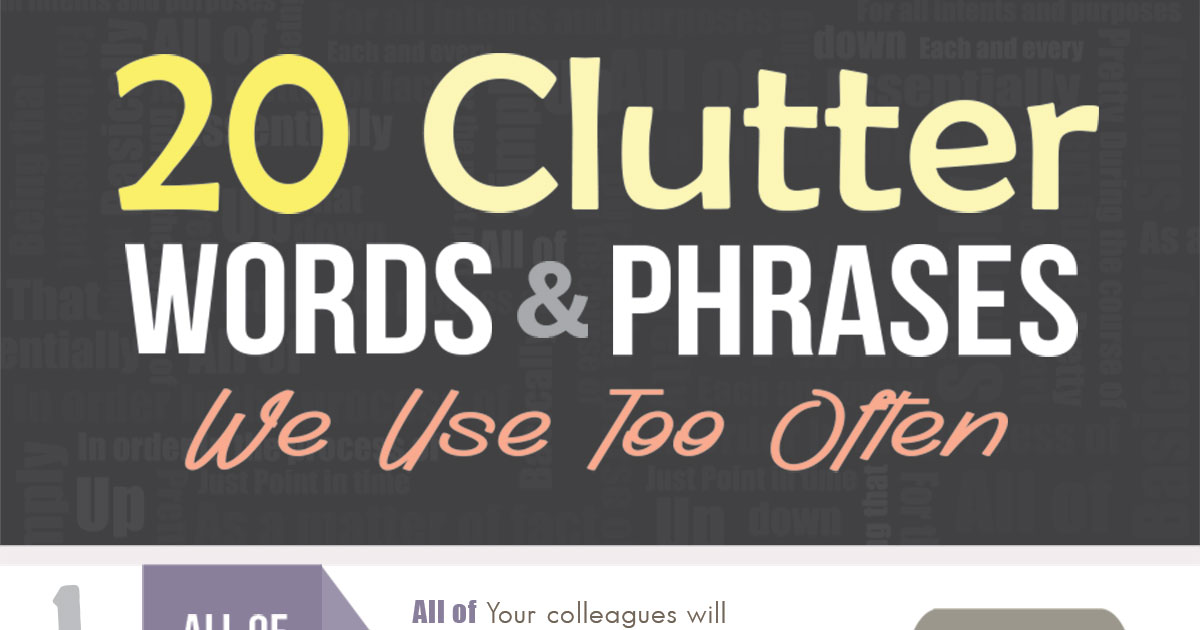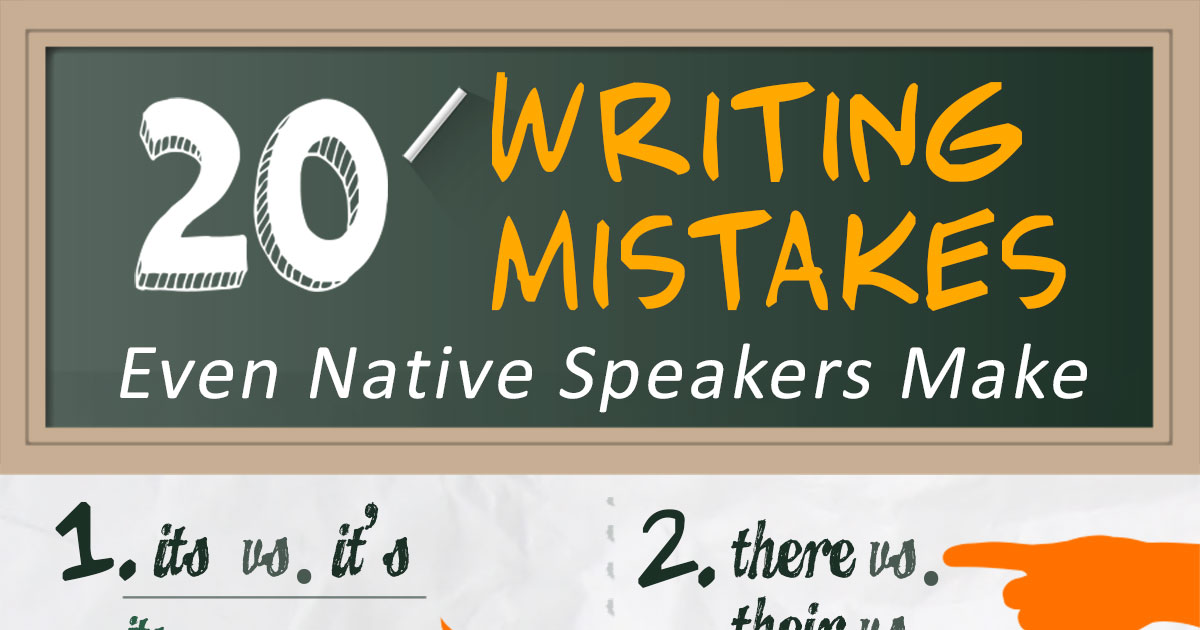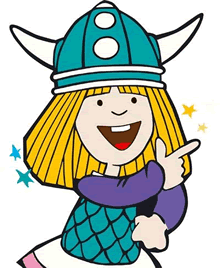 Very few people know which words should be capitalized in a title. In fact, the majority of people adopt rules from others who don’t know either. This usually takes on one of two forms: capitalizing every word, or capitalizing words containing three or more letters.
Very few people know which words should be capitalized in a title. In fact, the majority of people adopt rules from others who don’t know either. This usually takes on one of two forms: capitalizing every word, or capitalizing words containing three or more letters.
Where blog posts and internal work communications are concerned you can usually get away with such sins, largely because those in the know tend not to point out the error of your ways. But wouldn't you rather know the truth? Wouldn't you rather be an ambassador of proper titling rather than a capitalization criminal? Well, today is your chance to repent for improper form, and learn which words should be capitalized in titles, once and for all!
What to Capitalize in a Title
The cool thing about learning what should and shouldn't be capitalized is that each category contains three core rules.
Rule 1:
Always capitalize the first and last word of a title, no matter what the word is.
Rule 2:
Always capitalize the following five word categories:
- Nouns
- Pronouns
- Verbs
- Adjectives
- Adverbs
We don’t have the time to list every noun, pronoun, verb, adjective and adverb here, but as long as you remember this list, you can Google the word you’re struggling with to find out whether or not it falls into one of the five categories listed above.
Rule 3:
Always capitalize words of five or more letters, regardless of whether the word falls into one of the aforementioned five categories. This rule will help you avoid making errors when using conjunctions and prepositions in your titles. You see, many moons ago, writers did NOT capitalize any conjunctions or prepositions. However, today’s standard practice is to capitalize conjunctions and prepositions of five or more letters.
Here are some examples:
Prepositions (five or more letters):
Within, About, Among, Between.
Conjunctions/subordinating conjunctions (five or more letters):
While, Where, Until, Because, Although.
What Not to Capitalize in Titles
Rule 1:
1) Never capitalize prepositions and conjunctions of four or fewer letters. However, remember the above rule: words with five or more letters, regardless of whether the word is a conjunction or preposition, must be capitalized.
Here are some examples:
Examples of prepositions not to be capitalized (four or fewer letters):
at / by / down / for / from / in / into / like / near / of / off / on / onto / over / past / to / upon / with
Examples of conjunctions not to be capitalized (four or fewer letters):
and / as / but / for / if / nor / once / or / so / than / that / till / when / yet
Rule 2:
Never capitalize the particle “to”, even when used as an infinitive (meaning with a verb). For example: to See, to Read, to Write, etc.
Rule 3:
Never capitalize articles: a, an, the.
Still a Little Confused?
No worries. Below we have created two lists of common words people struggle with when capitalizing titles. Bookmark this page and refer back to the lists when you’re in doubt.
DO Capitalize in a Title
About / Above / Across / After / Against / Along / Although / Among / Around / Because / Before / Behind / Below / Beneath / Beside / Between / During / Except / Inside / Outside / Since / Through / Toward / Under / Underneath / Unless / Until / Whenever / Where / Whereas / Wherever / While / Within / Without
DON'T Capitalize in a Title
and / as / as if / as long as / at / but / by / even if / for / from / if / if only / in / into / like / near / now that / nor / of / off / on / on top of / once / onto / or / out of / over / past / so / so that / than / that / till / to / up / upon / with / when / yet
Tricky Word Groupings
Even when armed with these core rules, people end up making silly mistakes by allowing doubt to make them second-guess their titling. In light of this, here’s a short list of tricky word groupings that often trip people up:
- as Though
- even Though
- in Front of
- in Order that
- Instead of
- Rather than
Start Practicing Today
It’s a lot to take in, we know, and so you’ll need to practice writing a few titles before things begin to click into place. Another great way to learn is to spot mistakes in other people’s work. You’ll be surprised just how many journalists, authors and bloggers (in particular) get titles in a muddle. Bear in mind, though, occasionally a writer will break the rules to suit their preference or to appropriate a concept. For example, a book entitled “Think Like a Genius” might well be adjusted to “Think Like A Genius”, for no other reason than the publishing house or author thinks it looks better on the cover.
That’s it! No more excuses. Start correcting titles today and help make the world a capitalization-friendly place.

